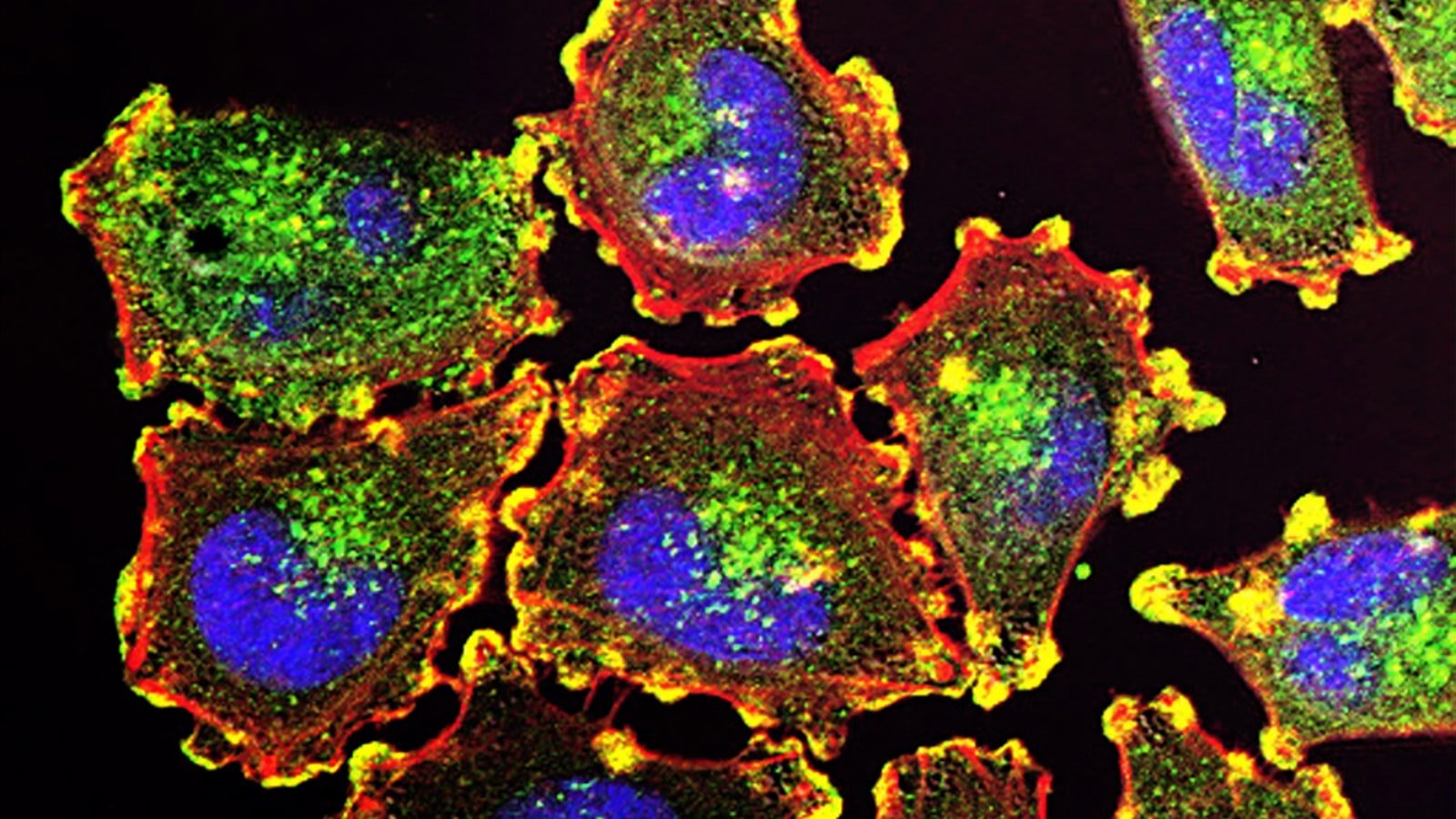Cancer is a health concern that affects countless individuals and families. While many cancers can still not be avoided, there are steps people can take to reduce their risk and increase their chances of early detection. With knowledge and effort, the struggles of cancer can be limited. Keep reading to learn more about cancer prevention and early detection.

1. Understanding Cancer Prevention: Practical Steps You Can Take
Preventing cancer can be a daunting task, but one with great reward. Taking small practical steps can implement a healthier lifestyle and reduce your cancer risk.
Consume a Healthy Diet
A healthy diet includes a varied and balanced selection of natural foods and drinks. Fruits, vegetables and whole grains should be the main ingredients on your plate. Avoid processed foods and eat lean proteins. Healthy fats, such as olive oil, and moderate amounts of red meat can fit into your diet. Also, keep alcohol and sugary drinks to a minimum.
Move Your Body
Being physically active can help protect against cancer. Any type of exercise is beneficial, as long as it is undertaken regularly. To raise your cancer risk even further, combine this with a healthy eating plan. Aim for a minimum of 30 minutes of physical activity every day. If this is impractical, break it up throughout the day.
Know Your Risk Factors
It is important to be aware of your own personal cancer risk factors. Everyone is unique and risk assessment could save lives. Here are some of the main risk factors:
- Smoking
- Alcohol consumption
- Environmental exposure to certain chemicals
- Genetic factors
- Age
- Family history
Manage Stress Levels
Stress is known to be a major contributing factor to many illnesses. It is important to take time out of every day to reduce stress and promote better overall health. Consider activities such as mindfulness, yoga or reading. Dedicate the time just for you and release stress and tension.
Stay Sun Smart
Protecting yourself from the sun is an important cancer-prevention measure. Always wear SPF30+ sunscreen and try to stay out of the sun during peak hours. Cover up exposed skin and wear a hat or sunglasses. For more tips on staying sun smart, visit a dermatologist.
2. Lower Your Risks: Diet and Lifestyle
While it is impossible to completely prevent disease, consistency in certain lifestyle components can reduce the risk of health problems. The following are some diet and lifestyle tips that may help decrease your risk:
- Compose a balanced diet – Seek out a variety of healthier choices instead of indulging in less nutritious options. Consume more grains, fresh vegetables, fruits, lowfat dairy products, fish, and lean meats.
- Limit the processed foods – Consistently choosing manufactured food products high in fat, sugar, and salt are not good for your health. Try to substitute processed snacks with some fresh fruit or vegetable-based snacks.
- Incorporate physical activity – Making time to move relieves stress levels and boosts your immune system. You may choose a low impact exercise you enjoy or a moderate activity that you can do in the comfort of your own home and schedule it into your day.
Besides, you should invest in good sleep habits. Make sure to get seven to nine hours of quality sleep each night and practice good sleep hygiene. This includes using blackout shades, removing electronic devices from the bedroom, and avoiding caffeine late in the day.
You can also limit your exposure to environmental risks by living in a smoke-free environment and avoiding toxic products. Choose cleaning products that are natural and non-toxic, such as vinegar and baking soda. Use plants to filter your air, as they can reduce emissions from air-purifying chemicals.
Finally, use natural sunlight safely. Consider taking walks or going outdoors in the early mornings or late afternoons when the bright sunlight can be more bearable. This is an easy way to get a healthier dose of vitamin D.
3. Detecting Cancer Early: Knowing the Signs and Seeing the Doctor
Early detection of cancer is one of the most important steps in preventing the deadly disease. While there isn’t always a sure way to know if someone has cancer before it’s actually diagnosed, there are certain signs and symptoms to watch out for. It’s important to be aware of these signs and to visit your doctor if any are present.
Signs and Symptoms: Knowing the signs and symptoms of cancer is the first step in detecting the disease early. Symptoms can vary depending on the type of cancer, but there are some common symptoms to be aware of. These can include:
- A persistent cough, chest pain, or difficulty breathing
- Noticeable lumps anywhere on the body
- Unexpected weight loss
- Abnormal bleeding or discharge
- Fatigue and unexplained nausea
- Frequent headaches or fevers
It’s important to keep in mind that some of these symptoms can also be signs of other health problems, so it’s always best to visit your doctor if any of these signs are present.
Risk Factors: While some risk factors like age or family history are out of your control, there are some lifestyle factors that can increase your risk for developing cancer. These can include smoking, not getting regular exercise, eating processed foods, and carrying extra body weight. Identifying and addressing any of these damaging habits can help lower the risk of developing cancer.
Visiting the Doctor: Even if you’re not experiencing any signs or symptoms, it’s important to pay a visit to your doctor for regular check-ups. Your doctor will be able to order tests to help detect any cancer that may be present. Additionally, a physical exam with your doctor can help to spot any lumps or other abnormalities.
Catching cancer early can greatly improve the chance of successful treatment, so it’s important to be aware of the signs, risk factors, and to visit your doctor regularly. Knowing the signs and visiting the doctor are just two steps in the fight against cancer.
Cancer prevention is a key factor in reducing the risks and detecting cancer early. By making healthy and informed choices for themselves and their families, individuals can play an active role in fighting cancer and promoting good health. So what are you waiting for? With the right education and a few preventative measures, you can keep cancer at bay.



